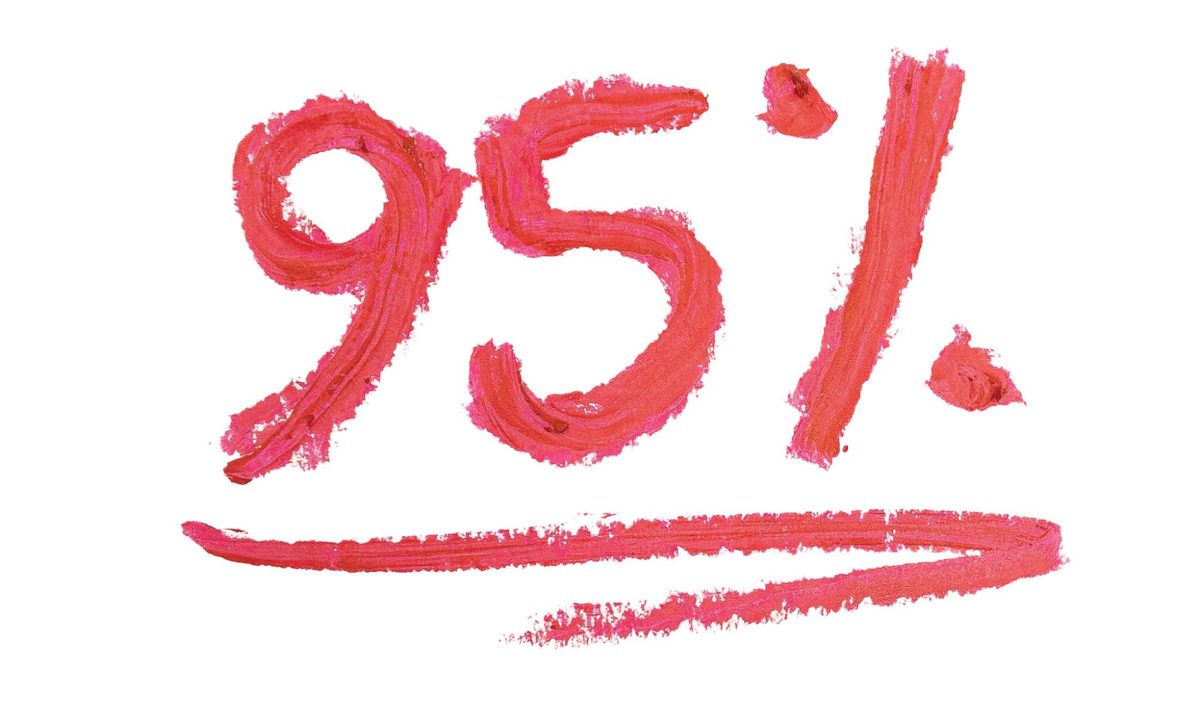
It’s six weeks since the semester started and most of us are anticipating the moment where we’ll have five weeks of freedom. School has been hectic, with overlapping class schedules, high textbook prices, increase in tuition fees and fewer classes. Aside from school, we worry about other aspects of life like financial crises, over-protective parents, what’s for dinner, apartment hunting and love-life problems all at the same time.
Mark Stevens, director of University Counseling Services (UCS), calls this free-floating anxiety. He advised we create a list of these worries and prioritize which one needs immediate attention first. When we have so much free-floating anxiety and there’s no action to take care of it, we end up getting stressed.
According to Stevens, our body is wired to feel stressed and respond to stress, and unfortunately we respond to it easily. We tend to overreact to situations that don’t need a lot of attention. Not being able to handle our worries the right way, which he calls a false way of taking care of the worry, also causes stress.
Dr. Stevens came up with eight prescriptions on how to properly de-stress, especially for us college students.
His tips include: Think positively, monitor your breathing, appreciate the beauty of our surroundings, pay attention to sleeping habits, laugh, be aware of your bodily intake, socialize and exercise.
Sharon Aronoff, health educator at the Klotz Student Health Center, said knowing your resources on and off campus and taking advantage of them helps students relieve stress. Aside from having a registered nurse and Peer Nutrition Counselors, the health center offers services from a wellness coach and substance abuse counselor. She said one of the healthiest ways to deal with stress is prevention. This service is free and confidential to the student and the counselor.
You will also find a licensed massage therapist, acupuncturist and chiropractor at the health center.
We also have the Living Well Lounge right across the Fitness Center at the USU, which according to Aranoff, is designed for students to de-stress. Students can come in anytime to relax, talk to the peer counselors and watch videos that can help you relax. Yoga and meditation is taught there every Wednesday and Thursday.
We also have a relaxation room at the UCS, which is free and open to students, where they can learn relaxation techniques.
In addition to Stevens’ tips, I also have my own specific ways of de-stressing. I follow these on a regular basis, and hopefully you will too. It’s proven by me to be very effective in releasing stress.
1. Vent and cry. Keeping thoughts to myself makes me feel weighed down and uneasy. My family lives thousands of miles away so when I have problems, or if I feel stressed, I go to my friends. They don’t necessarily have to say anything, but the feeling after talking to someone is such a relief.
2. Pamper Yourself. Manicure, pedicure, getting a haircut or massage, all that relaxing stuff. It helps me forget about my problems, at least for the duration of the service.
3. Read. I have to divert my attention to something else when I’m stressed out so I read. I usually go to Barnes and Noble and sit in the children’s area to read magazines and books.
4. Watch comedies. Any excuse to laugh and get rid of stress will only benefit you in the end.
5. Play Wii. It’s one way of releasing stress, and it’s a good exercise too.
6. Indulge. While some enjoy a glass of wine after a long day, I frequently take trips to the local ice cream shop to unwind.
7. Disconnect. I give my cell phone a rest. I’m on my BlackBerry almost every second of the day checking e-mails and Facebook, IM-ing friends, etc. But lately, I’ve been trying to stay away from it on weekends unless I really need to use it.




